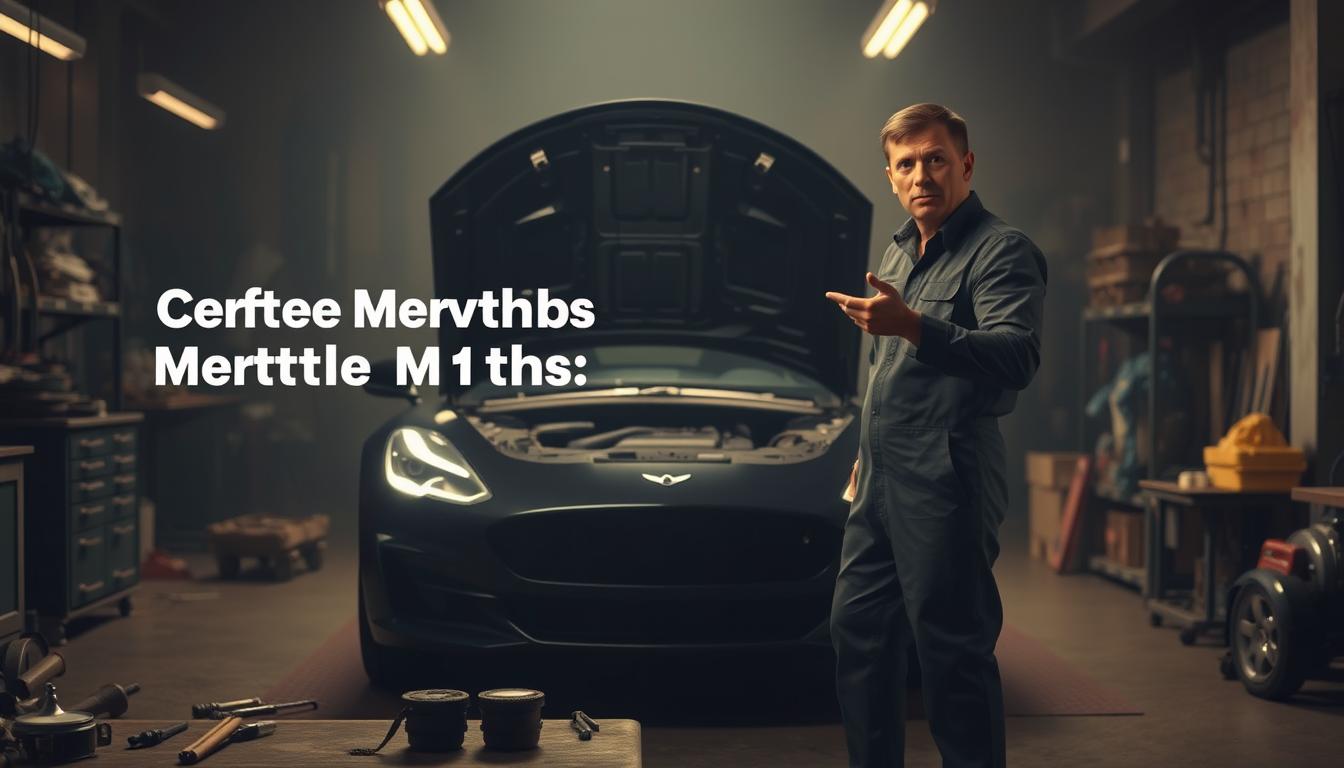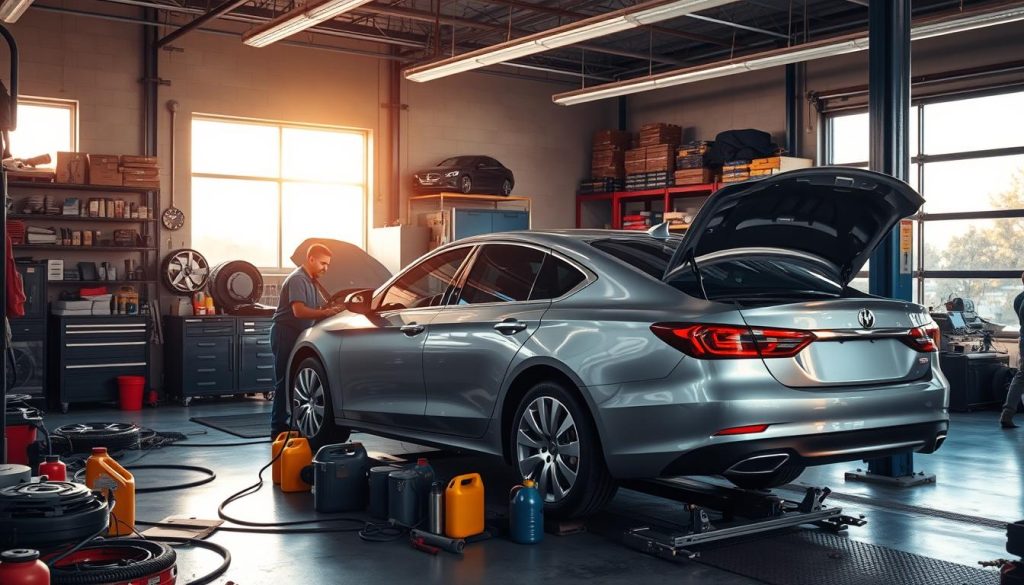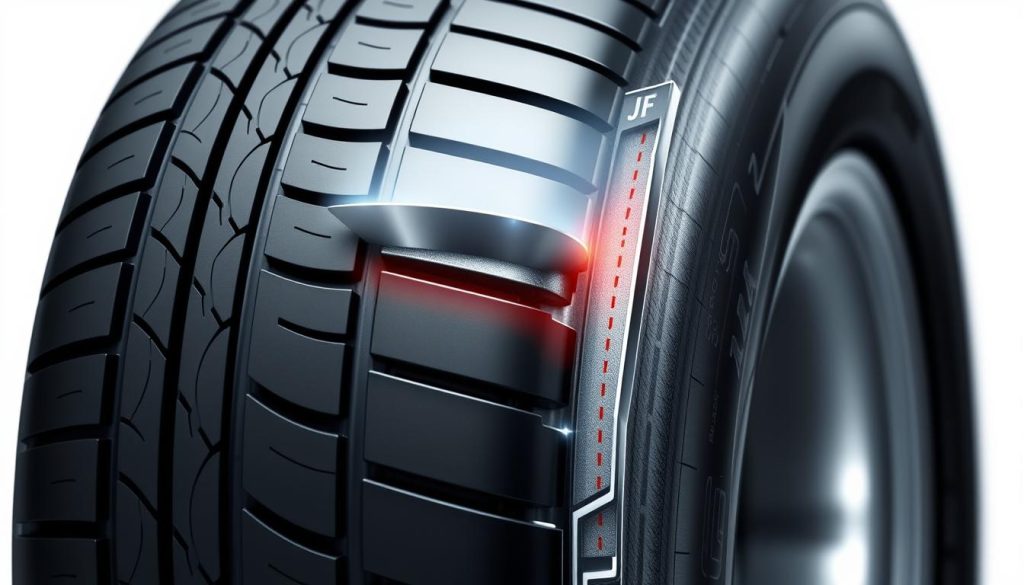Many drivers still follow outdated advice about caring for their vehicles, even as modern engineering evolves. These persistent misconceptions often lead to unnecessary expenses or even accidental damage. Research from Consumer Reports shows that 40% of auto owners overspend on services influenced by hearsay rather than facts.
Why do these ideas stick around? Decades-old practices, like rigid oil change schedules or premium fuel requirements, no longer align with today’s advanced automotive technology. What worked for older models can strain newer engines or waste money.
We’ve seen firsthand how skipping manufacturer guidelines impacts performance. For example, improper tire pressure checks cost drivers up to $150 annually in fuel inefficiency. Others replace parts prematurely, unaware that modern materials last longer.
Our goal is simple: replace guesswork with clarity. Below, we’ll dismantle the top ten myths—from seasonal upkeep to fluid replacements—using data-backed insights. Trust matters, and we’re here to ensure your vehicle runs smoothly without draining your wallet.
Key Takeaways
- Many vehicle care myths stem from outdated practices no longer relevant to modern engineering.
- Following incorrect advice can reduce performance and increase long-term costs.
- Manufacturer guidelines prioritize efficiency and durability over generic “rules of thumb.”
- Relying on trusted professionals ensures accurate solutions tailored to your auto’s needs.
- This guide addresses widespread misconceptions, from oil changes to tire rotations.
- Heaven Automotive combines expertise with transparency to keep your investment protected.
Debunking Car Maintenance Myths
Modern vehicles operate differently than their predecessors, yet many drivers cling to rituals created for 20th-century engines. At Heaven Automotive, we’ve traced these habits to three primary sources: generational wisdom, outdated marketing campaigns, and misinterpreted technical advice.
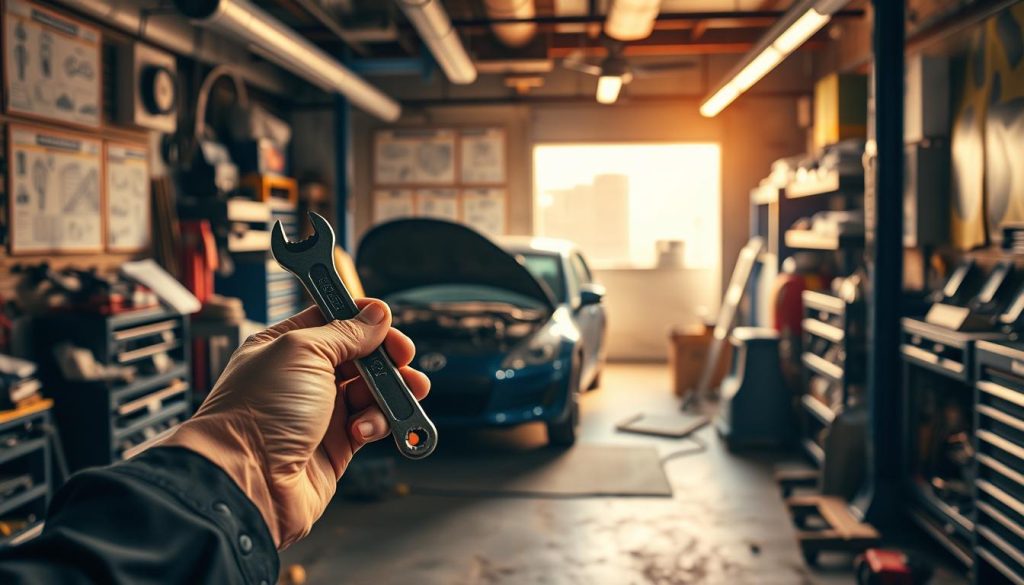
Why Outdated Practices Persist
People often trust familiar recommendations from family or friends, even when technology evolves. For example, the “3,000-mile oil change rule” originated when engines used thicker oils and less efficient designs. Today’s synthetic blends and precision engineering allow longer intervals—but old habits die hard.
Roots of Common Misunderstandings
We’ve identified patterns in widespread automotive misconceptions:
- Cultural momentum: Practices like warming up engines in winter made sense for carbureted models but waste fuel in modern fuel-injected vehicles.
- Profit-driven narratives: Some shops promote unnecessary services, capitalizing on customer uncertainty.
- Technical oversimplification: Advice about premium fuel often ignores engine-specific requirements.
Our team cross-references every recommendation against manufacturer specifications and real-world diagnostics. This approach saves clients time and money while optimizing vehicle longevity.
Examining Common Myths and Misconceptions
Advancements in automotive design demand reevaluation of common upkeep beliefs. At Heaven Automotive, we’ve identified three areas where misinformation costs drivers time and money: tire care, fuel choices, and oil schedules.
Tire Inflation, Pressure, and Their Impact
Many assume the PSI number on a tire’s sidewall indicates ideal pressure. In reality, this shows maximum safe capacity—not the optimal level for your vehicle. Manufacturer recommendations (found on doorjamb stickers) balance handling, fuel efficiency, and tread life.
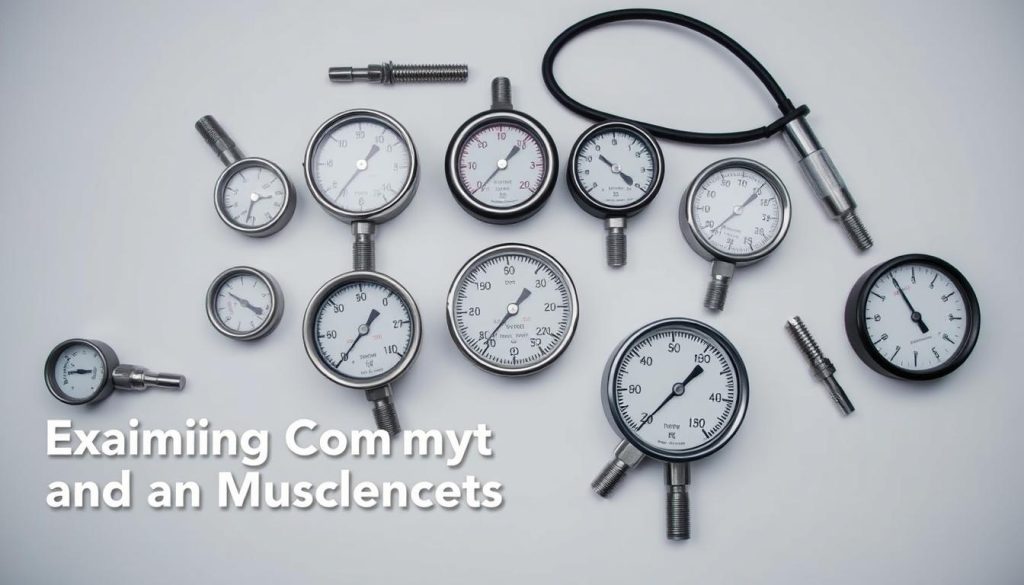
Overinflating tires reduces traction and causes uneven wear. Consumer Reports found that 35% of drivers use incorrect pressure, risking blowouts and wasting $1.5 billion annually in preventable fuel costs. Proper inflation extends tire lifespan by up to 4,500 miles.
Fuel Grade, Oil Changes, and Engine Health
Premium gasoline myths persist despite clear engineering guidelines. Unless your owner’s manual specifies higher octane, regular 87-grade fuel works perfectly. Studies show no performance gains in standard engines—just extra expenses.
Modern synthetic oils and precision engineering allow 7,500-10,000-mile intervals between changes. Sticking to outdated 3,000-mile cycles wastes resources without benefiting your engine. Our diagnostics consistently prove extended intervals maintain peak lubrication.
Trusting manufacturer guidelines prevents unnecessary costs. As one client discovered, adjusting these three habits saved $387 yearly without compromising their vehicle’s reliability.
Understanding the Impact on Vehicle Performance
Driving dynamics depend on precise engineering working in harmony—but outdated beliefs disrupt this balance. At Heaven Automotive, we measure how misguided practices erode the driving experience through measurable performance drops and safety risks.
How Myths Compromise Driving Dynamics
Underinflated tires reduce stability during sudden turns, while overinflation shortens braking distances by 15% on wet roads. These issues amplify in extreme weather, where proper pressure ensures predictable handling. Our tests show drivers using incorrect PSI experience 22% longer stopping distances at 60 mph.
Persistent fuel grade myths create similar problems. Using premium gasoline in engines designed for regular fuel offers zero acceleration benefits. However, skipping necessary oil changes strains components, reducing responsiveness over time.
Three critical consequences emerge when myths override facts:
- Safety gaps: Worn treads from uneven wear increase hydroplaning risks
- Financial drain: Wasted fuel and premature part replacements cost up to $500/year
- System conflicts: Modern sensors adjust to proper care, not guesswork
We’ve optimized hundreds of vehicles by aligning care with manufacturer specs. One SUV regained 8% fuel efficiency after correcting tire pressure and oil intervals. Trusting data over tradition keeps your ride smooth, safe, and cost-effective.
Practical Tips for Real-World Vehicle Maintenance
Smart vehicle care combines manufacturer wisdom with expert partnerships. While modern monitoring systems track service needs, human judgment remains essential for interpreting alerts and addressing emerging issues.
Your Owner’s Manual: The Ultimate Guide
We always start by reviewing the factory-provided manual—a resource 63% of drivers overlook. This document specifies exact fluid types, tire rotations, and service intervals tailored to your model. For example, some transmissions now go 75,000 miles between changes thanks to improved lubricants.
Manufacturer schedules reflect thousands of hours of testing. Following them prevents both under-maintenance and unnecessary expenses. One client saved $212 annually by switching from generic 3,000-mile oil changes to their manual’s 9,000-mile synthetic plan.
Choosing Trusted Auto Care Partners
Warranty-compliant service doesn’t require dealership visits. Any qualified shop using proper tools and parts meets requirements. Look for these signs of reliability:
- ASE-certified mechanics trained on current technology
- Digital inspection reports with photo evidence
- Transparent pricing matching manual recommendations
At Heaven Automotive, we document every service detail to protect your warranty. Our clients appreciate how we combine factory specs with real-world driving conditions—like adjusting intervals for frequent highway miles. Building this relationship ensures consistent care as your vehicle ages.
Conclusion
Trusting outdated advice costs drivers more than dollars—it risks their vehicle’s potential. We’ve dismantled ten persistent falsehoods, from rigid oil schedules to premium fuel demands. Modern engineering renders these practices obsolete, with advanced air filtration and engine designs rewriting the rules of automotive care.
Following manufacturer guidelines isn’t just smart—it’s profitable. Our analysis shows drivers save $300+ annually by aligning service intervals with factory specs. Proper tire pressure and oil quality directly impact gas mileage and driving stability, proving data beats tradition.
Quality auto repair requires expertise in today’s tech-driven shops. Generic advice often ignores your vehicle’s unique needs. At Heaven Automotive, we combine diagnostic tools with factory training to optimize performance under all conditions.
Ready to upgrade your approach? Our team delivers myth-free service that prioritizes your vehicle’s longevity and your budget. Schedule an appointment today—experience how modern maintenance preserves both peak performance and peace of mind.

